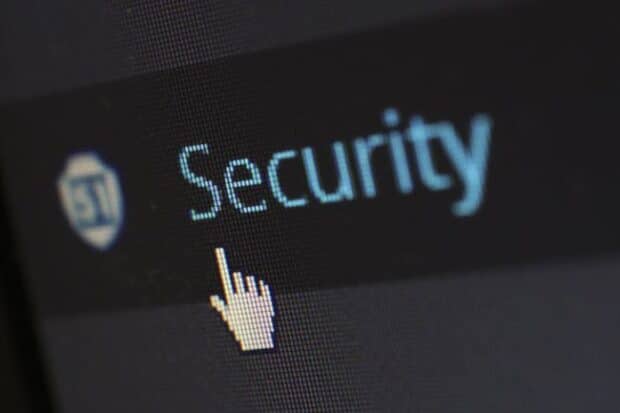Cyber attacks are becoming more common, but they usually do not involve a shady figure looking into your computer. Instead, most start from an online link.
They typically appear in emails from unknown senders or innocuous buttons on websites. However, clicking them will open your computer to various malware and fraudulent activities.
Nowadays, protecting your sensitive online information is essential. Use these tips to verify that online links are safe before clicking.
Article continues after this advertisement Check the sender Free stock photo from Pexels
Free stock photo from Pexels
If you received an online link from a stranger, don’t open it. Instead, click the small arrow under the sender’s name to reveal their info and full email address.
FEATURED STORIES TECHNOLOGY Australia to ban children under 16 from social media – prime minister TECHNOLOGY Toyota’s electric air taxi completes first test flight TECHNOLOGY Berry-flavored vapes harm lungs more than non-flavored, study suggestsLook at the address and confirm whether it’s from a legitimate website by checking the original. For example, let’s say you received a link from amazon-deals.com.
Tech Advisor says it may look similar to the original amazon.com, but it’s a different website. Hence, you should avoid that link.
Article continues after this advertisementThe same tip applies if the address has typographical errors or similar-looking characters replacing those from the original.
Article continues after this advertisementREAD: How to download Facebook videos
Article continues after this advertisementFor example, a fraudster could create a fake website called “amaz0n.com” to mislead people into thinking it’s from the real Amazon.
That zero could easily look like an “o,” especially when hastily clicking online links. Also, scammers like taking advantage of typos so that more people could open their websites accidentally.
Article continues after this advertisementIf the online link looks unreadable, the sender may have shortened it, making it hard to read. Fortunately, you can reveal the original link via websites like Link Expander, so you can verify it.
Alternatively, use VirusTotal or Google Transparency Report to check online links faster and simpler. Moreover, see if your antivirus program considers an online link fraudulent before clicking.
Look for legitimate contact details and online reviews
 Free stock photo from Pexels
Free stock photo from Pexels
Check the sender’s contact information by searching them on Google. See if their name, email, phone number, and other details appear on legitimate websites.
Otherwise, they’re likely a scammer sending unsafe links. Also, look up Google reviews of the sender or their company.
READ: How to find all accounts linked to your email address
Overwhelming negative reviews are usually a red flag. However, you must be wary of fake reviews.
Note that they may belong to a lesser-known company with competitors trying to ruin their reputation. Some are too small to have several reviews.
Subscribe to our daily newsletter

 Free stock photo from Pexels
Free stock photo from Pexels
You might click on a sketchy link despite all these precautions. Fortunatelyppgaming, you can still keep your computer and data safe with these tips from Keeper Security:
Don’t enter any data, such as your real name and email address. Avoid clicking on any links and buttons, especially advertisements because they may contain malware. Disconnect from the Internet immediately to prevent hackers from accessing your device remotely. Moreover, it stops viruses from infiltrating other devices connecting to your Wi-Fi network. Perform a full scan of your PC via antivirus software to eliminate any potential malware. Monitor your online accounts for an extended period to ensure the cybercriminal hasn’t breached them. TOPICS: Cybersecurity, phishing scams, technology READ NEXT Critical illnesses are more common than you think. Are you pre... TP-Link Archer BE900 lets you experience Wi-Fi 7 in the PH EDITORS' PICK Marcos order banning Pogos finally out: All for nat’l security 1-Pacman nominee Milka Romero, sister Mandy nurturing rise of Capital1 PH affirms maritime zones, angering China Destruction in Cagayan as ‘Marce’ exits PH Jayson Castro wins third PBA Finals MVP for TNT at 38 Court temporarily closed in parts of Northern Luzon due to Marce MOST READ PH affirms maritime zones, angering China Sue Ramirez, Dominic Roque spotted together in Siargao PH right not to let US join in West Philippine Sea resupply mission – NSC Colors in my closet Follow @FMangosingINQ on Twitter --> View comments